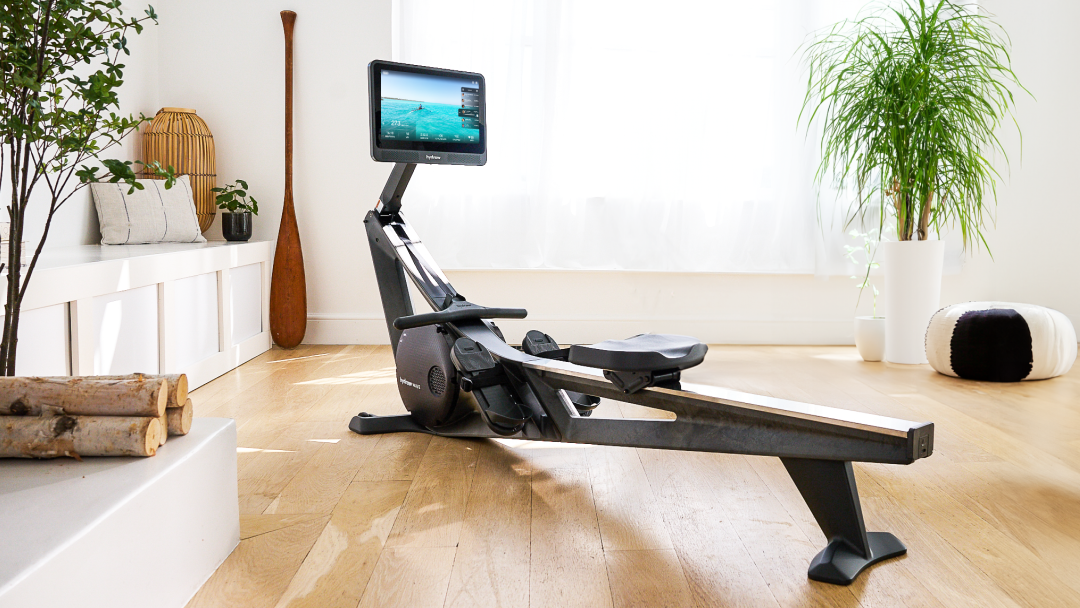Exploring the Benefits of Exercise on Mental Health

One of the most underestimated methods of taking care of your mental health is implementing regular exercise into your daily routine.
Regular physical activity certainly benefits physical health, but it is important to highlight the positive connection to mental health as well. Published studies note that despite the evidence that links physical exercise as a mental health benefit, it remains an underutilized intervention tool for mental illness.
From negative thoughts and stress to conditions like depression and anxiety disorders, there are many mental health concerns exercise can work to address. Let’s take a look at the many ways a regular exercise routine can help you better manage your mental health.
How exercise benefits mental health
When you look at the research, the benefits of exercise on mental health become clear. Here are some of the many ways moderate exercise can help with mental health, including:
Reducing anxiety and depression
Combating stress levels
Improving sleep for a healthier brain
Encouraging socialization with exercise
1. Reducing anxiety and depression
Regular exercise can help improve common mental health conditions such as anxiety and depression due to the way exercise works to release endorphins in the body. Endorphins are natural chemical hormones in the body. They are often referred to as the “feel-good” brain chemical that is proven to help relieve pain and boost mood.
Furthermore, according to published studies, the way exercise works to increase body temperature and improve blood circulation to the brain may encourage activity in the area of the brain responsible for the release of endorphins, reducing anxiety and depression over time.
2. Combating stress levels
There is one thing that remains relatively universal that all individuals want to address: stress. Studies show that chronic stress can lead to changes in the brain, affecting emotions, behavior, and mental health. It is important to take steps to manage your stress levels before it can make your mental health worse. When it comes to mental health, stress is something that has a larger impact.
Exercise, once again, can help here! Along with encouraging the release of endorphins, exercise can also work to reduce the stress hormone — known as cortisol — in the brain, resulting in improved brain function. This is often done through cardiovascular exercises such as running, swimming, or rowing, which encourage blood flow to the brain.
Exercise can also act as an emotional outlet for stress, allowing you to release pent-up negative energy and frustration that may be affecting your mental health.
3. Improving sleep for a healthier brain
Sleep has a larger impact on your mental health than you might think. A study published in Sleep Medicine found that those who struggle with sleep — particularly those with insomnia disorders — are linked to higher rates of mental distress and mental health conditions like anxiety and depression.
If your brain is going to stay healthy, it needs sleep to do it. Sleep allows your mind and body to recover, repair, and prepare for the following day. This is where exercise can come in!
Exercise is an excellent way to combat sleep issues and encourage your body to get a full night’s rest. John Hopkins Medicine studies indicate exercise will both help people fall asleep faster and improve overall sleep quality. With better, more regular sleep, you can see better cognitive function and improvements in your mental health.
4. Encouraging socialization with exercise
Socialization is another important element of mental health that is absolutely crucial. According to the American Psychological Association, high levels of social support can help individuals better cope with stressful situations.

Did you know?
Over 90% of Hydrow members are still active one year later.
Rooting your exercise routine in social interaction can boost camaraderie, encourage new friendships, create solidarity in current friendships, and potentially provide an easier environment to talk or chat through any life's problems. Ultimately, trying a new class, sports team, or activity may boost your mental well-being by opening the doors to new social occasions as well as experiencing the benefits of exercise.
Using regular exercise for improved mental health
If you’re looking to address your mental health through physical exercise, the hardest part can be finding somewhere to start. Building healthy exercise habits takes time and dedication, especially when you don’t know how to fit them into your already busy daily life.
Looking to incorporate exercise into your life to help your mental well-being? Check out these tips to get your new routine off the ground, including:
Find an exercise you like
Make room for setbacks and be adaptable
Include exercise in your overall health routine
1. Find an exercise you like
If you’re going to exercise, you need to find something you enjoy doing. We recommend starting small and finding activities you like.
Something as simple as a daily walk is a great place to start. In fact, a study from Harvard Health Publishing found that running or walking for just 15 minutes a day can lead to reductions in depressive symptoms. You could also explore your community and see the different activities available. Try something new, such as going to the gym, dancing, or even a rowing machine.
The important thing is to look for a type of exercise that you love and subsequently encourages blood flow and muscle movement. Once you find what you like, create a routine around it and look forward to the overall health benefits.
2. Make room for setbacks and be adaptable
When starting a new exercise journey, it’s also important to be adaptable. Creating a new routine and finding motivation is hard, particularly if you’re already struggling with your mental health.
Allow yourself the freedom to have bad days. It’s okay if you fall off your routine every once in a while or don’t want to exercise — just recognize there are benefits to any amount of exercise and try your best to get back into it when you’re ready!
3. Include exercise in your overall health routine
Finally, it’s important in some cases to make sure you’re not using exercise as your only treatment for mental health conditions. If you’re finding exercise isn’t alleviating your stress levels or you are still experiencing depression or anxiety, it’s a good idea to talk to a doctor or mental health professional.
Exercise can help your mental health
The bottom line? Exercise can have a positive impact on your mental health. Whether you’re dealing with a condition like anxiety or depression or simply looking for ways to reduce stress or improve your mood, studies indicate exercise is an excellent avenue for seeing results.
If you’re looking for new and engaging ways to incorporate exercise into your daily routine, Hydrow’s rowing machines combine smooth, natural movement with advanced coaching technology that helps you train smarter and stronger. Each stroke works 86% of your muscles, delivering a full-body workout that’s low-impact and efficient.
Beyond rowing, Hydrow offers an extensive library of off-the-rower classes—including strength, mobility, yoga, and more—to help you build balanced fitness that supports your everyday life.
Explore the benefits of Hydrow’s rowing machines and workouts today.

Real strength keeps moving
Learn how working out with Hydrow can help support a fuller, more active life.






